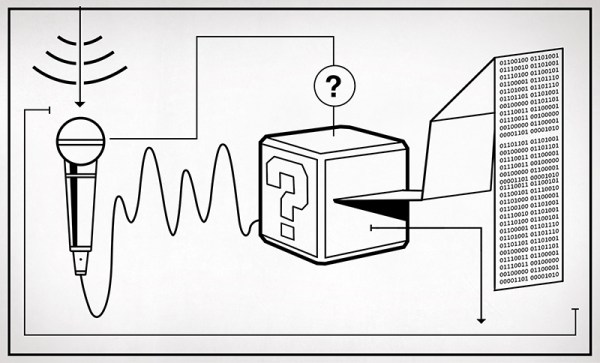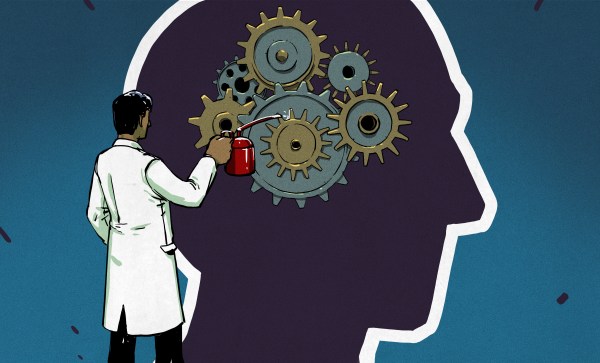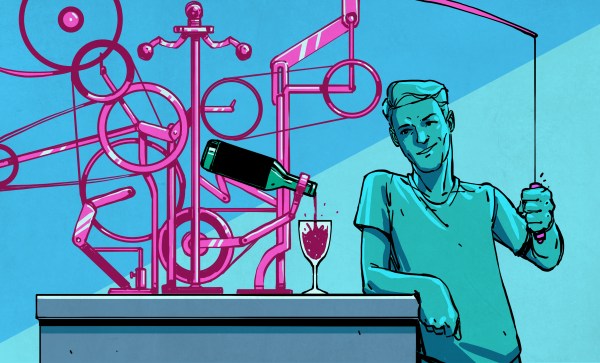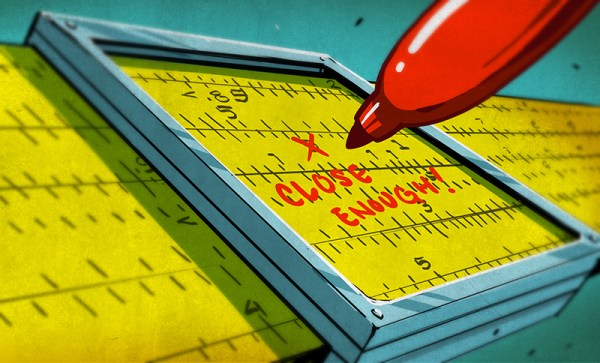Your project doesn’t necessarily have to be a refined masterpiece to have an impact on the global hacker hivemind. Case in point: this great demo of using a 64-point time-of-flight ranging sensor. [Henrique] took three modules, plugged them into a breadboard, and wrote some very interactive Python code that let him put them all through their paces. The result? I now absolutely want to set up a similar rig and expand on it.
That’s the power of a strong proof of concept, and maybe a nice video presentation of it in action. What in particular makes [Henrique]’s POC work is that he’s written the software to give him a number of sliders, switches, and interaction that let him tweak things in real time and explore some of the possibilities. This exploratory software not only helped him map out what directions to go, but they also work in demo mode, when he’s showing us what he has learned.
But the other thing that [Henrique]’s video does nicely is to point out the limitations of his current POC. Instantly, the hacker mind goes “I could work that out”. Was it strategic incompleteness? Either way, I’ve been nerd-sniped.
So are those the features of a good POC? It’s the bare minimum to convey the idea, presented in a way that demonstrates a wide range of possibilities, and leaving that last little bit tantalizingly on the table?

















